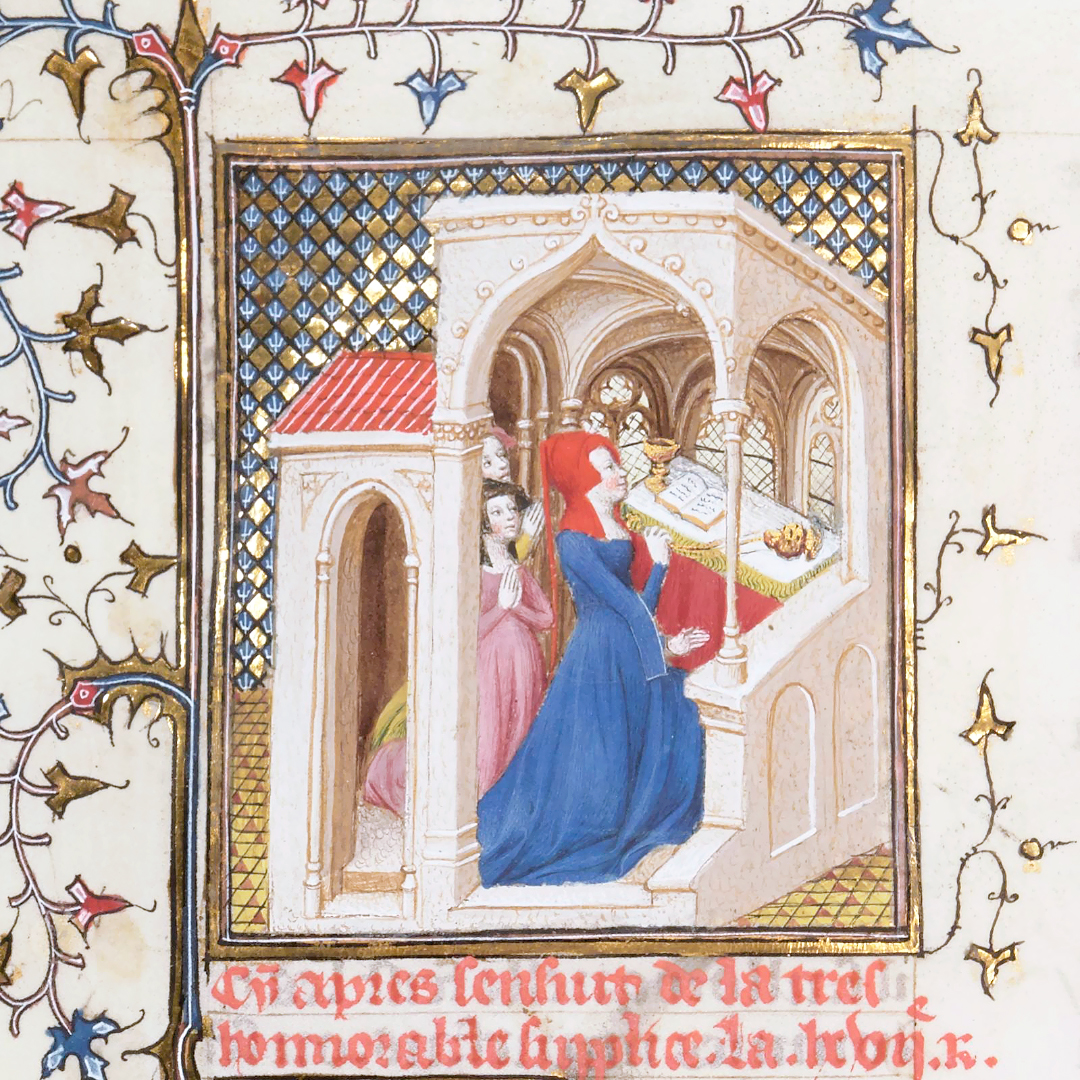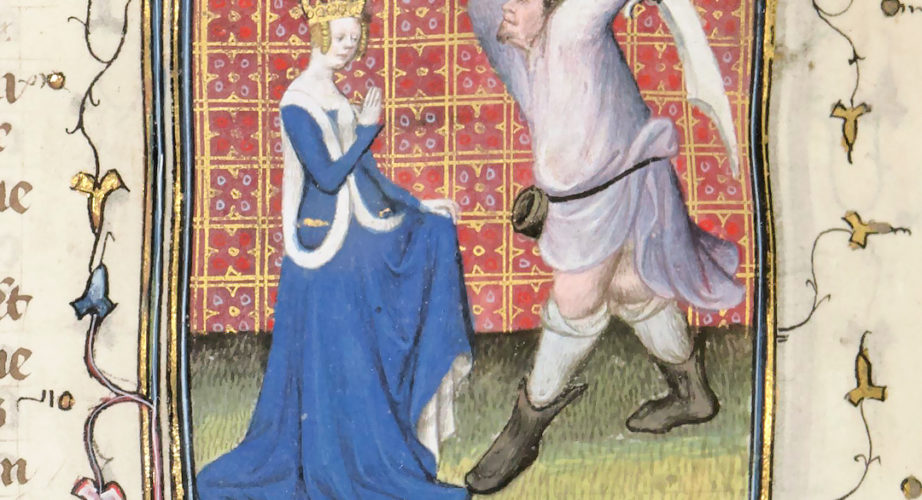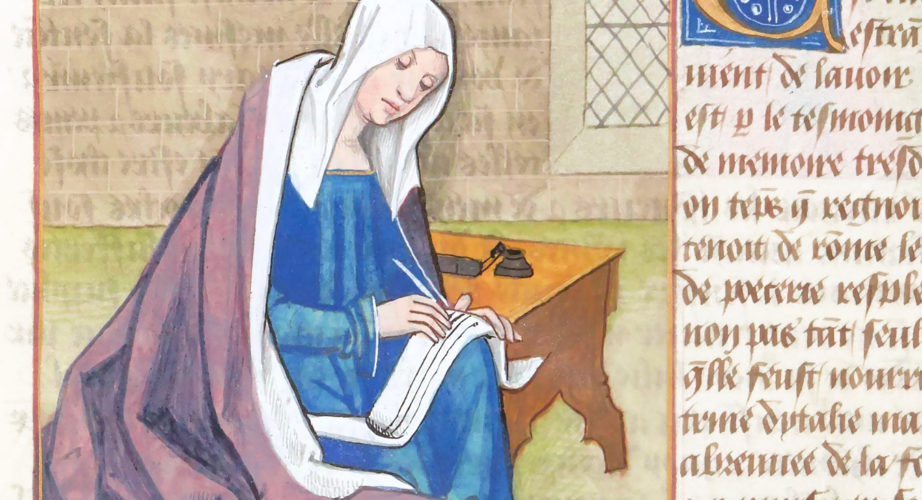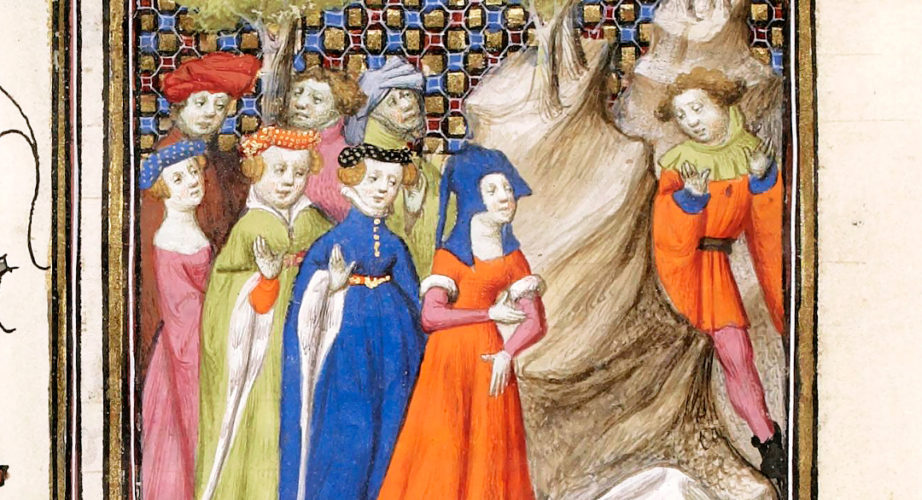Sulpicia

Over the course of our Women's Wednesday column, we have previously mentioned the importance of chastity for Roman matrons, even within married couples. On this note, our protagonist today was considered to be the chastest of all Roman women: Sulpicia.
Sulpicia, daughter of a noble family, was the wife of Quintus Fulvius Flaccus around 113 BC. At the time, the Senate decided to inaugurate a statue of Venus Venticordia (literally "the changer of hearts") who was believed to protect female chastity and change their minds "from vice to virtue". Among all Roman matrons, a hundred women were chosen to be the chastest; then again, among them, only ten were determined to be the purest. In the end, Sulpicia was deemed to be the chastest of them all and received the honor of dedicating the statue to the Goddess.
Boccaccio's account of the story may be a bit of a harsh read today: the author does not avoid gendered norms and stereotypes, saying that without doubt Sulpicia was chosen thanks to her virtues - such as speaking only at the right time, not wearing ointments or jewelry, taking care of the house and avoiding eating and drinking too much - as well as dancing and singing.
“Sulpicia”, illumination from the manuscript “Cas des nobles hommes et femmes”, ms. Français 12420, f. 102v, 15h century, Bibliothèque nationale de France, Département des manuscrits, Paris.
Historically and mythologically speaking, being in a powerful position (and perhaps also a…
The time has finally come for the very first Women’s Wednesday of 2021!…
Welcome back to another Women’s Wednesday! Our weekly Mulier Clara, much like Sappho…


